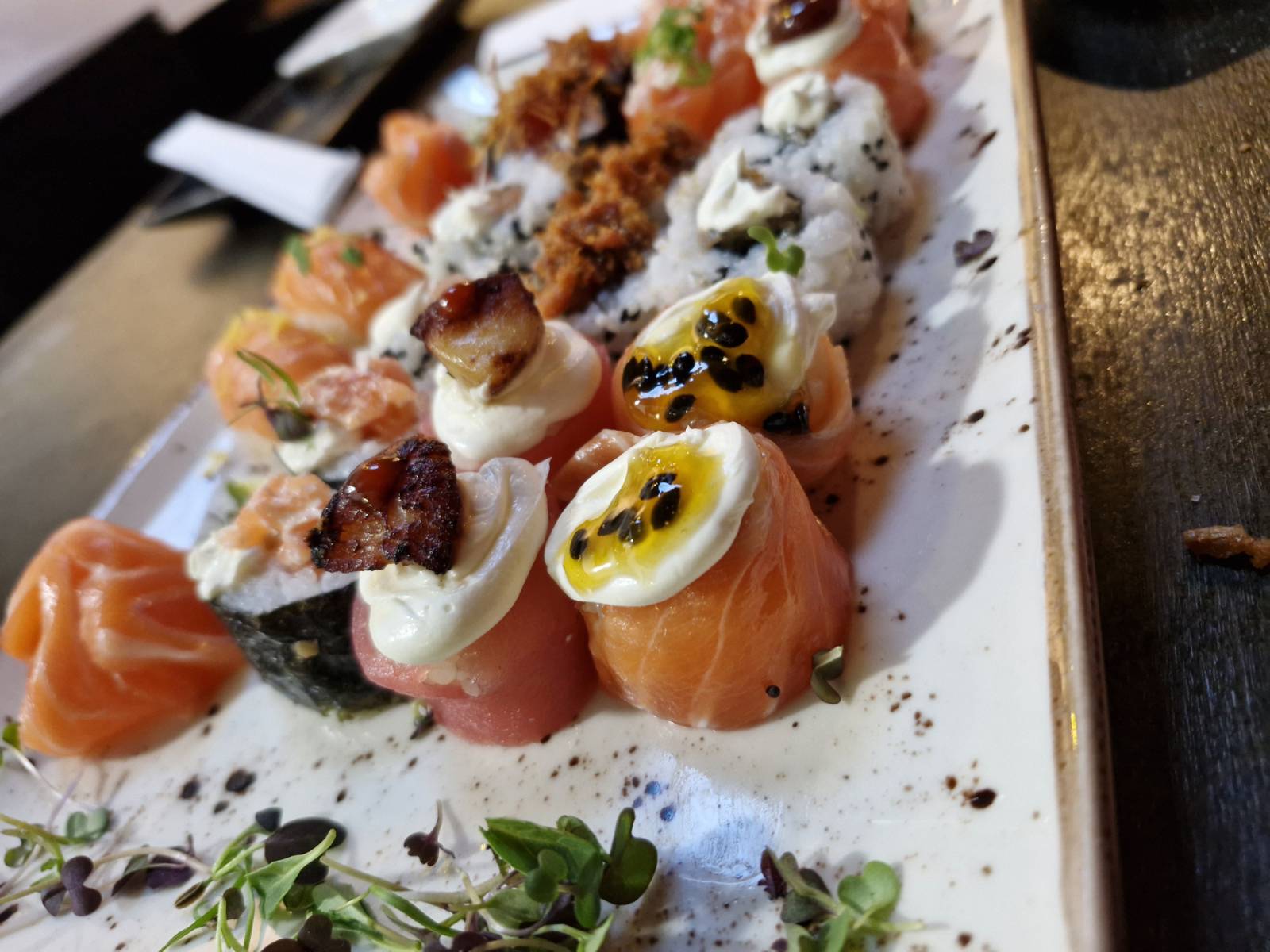Do I Eat Enough Protein to Achieve My Weight Loss Goals?

Why Protein is Key to Weight Loss
Protein isn’t just for bodybuilders or athletes. It’s an essential nutrient that supports several functions crucial for weight loss. Here’s why:
1. Protein Helps Preserve Lean Muscle
When you’re trying to lose weight, your body sheds both fat and muscle. Losing muscle mass can slow down your metabolism, making it harder to continue losing weight. Eating enough protein helps preserve your muscle while you burn fat, keeping your metabolism more efficient.
2. Protein Increases Satiety
Protein-rich foods help keep you fuller for longer, reducing your overall calorie intake. This is because protein affects levels of hunger-regulating hormones like ghrelin (which stimulates hunger) and peptide YY (which promotes fullness). By incorporating more protein into your meals, you’re less likely to overeat or snack between meals.
3. Protein Has a Higher Thermic Effect
Your body uses more energy to digest and metabolize protein compared to fats and carbohydrates. This is known as the thermic effect of food (TEF). Protein has the highest TEF of any macronutrient, meaning it burns more calories during digestion and absorption, giving your metabolism a small but beneficial boost.
4. Protein Supports Muscle Growth
If you’re working out as part of your weight loss plan, especially if you’re incorporating strength training, consuming adequate protein is crucial for muscle repair and growth. Building muscle not only shapes and tones your body but also helps increase your resting metabolic rate, making it easier to burn more calories even at rest.
How Much Protein Do You Need?
The amount of protein you need depends on several factors, including your age, weight, activity level, and specific goals.
For the average person, the Recommended Dietary Allowance (RDA) for protein is 0.8 grams per kilogram of body weight. However, for those aiming for weight loss and muscle preservation, research suggests a higher intake is beneficial.
A common recommendation is:
- 1.2 to 1.6 grams of protein per kilogram of body weight for weight loss and muscle maintenance.
- For example, if you weigh 150 pounds (68 kg), you’d aim for 80–109 grams of protein per day.
For individuals engaged in intense workouts, such as weight lifting or endurance training, protein needs may increase to support muscle recovery and growth.
What Happens if You’re Not Getting Enough Protein?
If you’re not consuming enough protein during your weight loss journey, you might face several challenges:
- Muscle Loss: As mentioned, insufficient protein intake can lead to muscle loss, which reduces your metabolic rate and makes it harder to burn fat.
- Increased Hunger: You might feel hungrier more often, leading to overeating and difficulty sticking to your calorie goals.
- Lower Energy Levels: Protein provides the building blocks for your muscles and cells. Not eating enough can leave you feeling fatigued, weak, and less motivated to exercise.
- Slower Progress: A lack of protein can slow down your weight loss and fitness progress, especially if your goal is to tone up and build lean muscle.
Signs You May Need More Protein
If you’re wondering whether you’re eating enough protein, look for the following signs that you might need to increase your intake:
- You feel constantly hungry, even after meals.
- You’re struggling to lose weight despite working out and watching your calories.
- You feel tired or sluggish, especially during workouts.
- You’re noticing muscle loss or a lack of muscle definition.
- You’re recovering slowly after workouts, with increased soreness and fatigue.
Best Sources of Protein
Incorporating a variety of protein sources into your diet can ensure you’re getting all the essential amino acids your body needs. Here are some high-quality sources of protein to consider:
Animal-Based Proteins:
- Chicken, turkey, and lean meats: Rich in protein with low fat content.
- Fish and seafood: High in protein and often packed with omega-3 fatty acids.
- Eggs: A versatile, complete protein source that’s easy to incorporate into meals.
- Greek yogurt and cottage cheese: Low in fat and high in protein.
- Protein powders (whey, casein): Convenient options to boost your intake, especially post-workout.
Plant-Based Proteins:
- Lentils and beans: High in fiber and plant-based protein.
- Tofu and tempeh: Great sources of protein for vegetarians and vegans.
- Quinoa: A complete protein grain that contains all nine essential amino acids.
- Chia seeds and hemp seeds: Small but powerful sources of protein and healthy fats.
- Plant-based protein powders (pea, rice, soy): Excellent for those who avoid animal products.
Tips for Increasing Your Protein Intake
If you find it challenging to hit your protein goals, here are a few easy ways to incorporate more protein into your meals:
- Start your day with protein: Eggs, Greek yogurt, or a protein smoothie can provide a solid foundation for your daily intake.
- Add protein to snacks: Opt for a handful of almonds, a protein bar, or hummus with veggies between meals.
- Prioritize protein at each meal: Aim to make protein the star of your plate—lean meats, beans, or tofu should be the centrepiece.
- Choose high-protein alternatives: Swap out lower-protein foods for higher-protein options, like quinoa instead of rice, or cottage cheese instead of sour cream.
Conclusion
If you’re serious about losing weight and keeping it off, protein should be a central part of your diet. It helps preserve lean muscle, keeps you feeling full, and gives your metabolism a boost, all while supporting your overall fitness goals. Make sure you’re getting enough protein from a variety of sources to maximize your progress.
So, the next time you plan your meals, ask yourself: Are you eating enough protein to fuel your weight loss journey? If not, it might be time to make some adjustments and watch your results improve.
By making protein a priority, you can turn your weight loss journey into a more effective, sustainable, and enjoyable experience! If you want help with your goals take a look here. 🙂